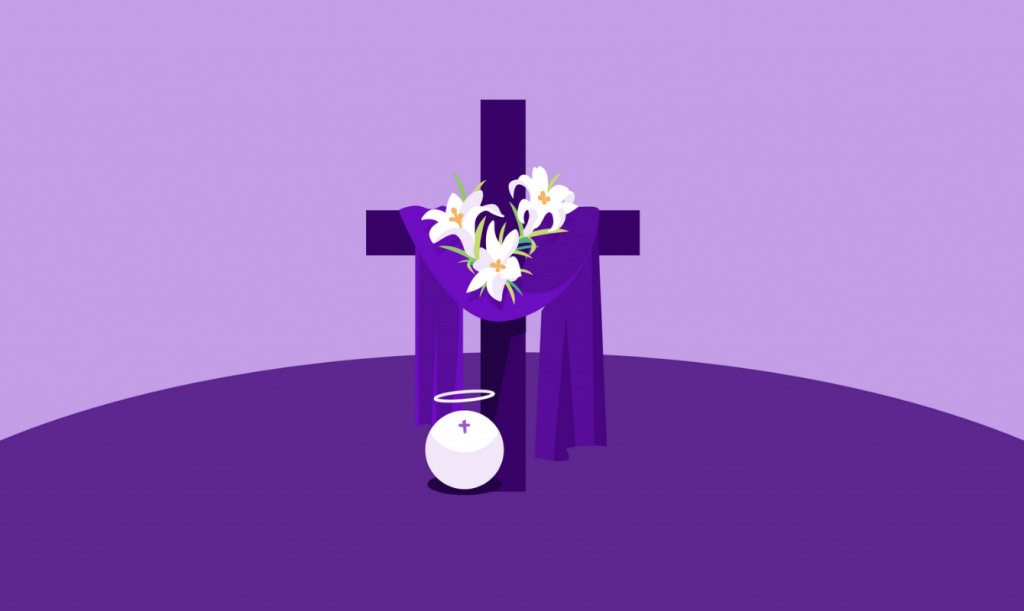I tried the Hallow app for two weeks and here’s how it went
I have alarms set on my phone to remind me to do two things: pray and drink water.
The irony that I need the most distracting device to remind me to practice the rudimentary tenets of my spiritual and physical health - which I am wont to forget when distracted - is not lost on me. My parish pastor once called me the …

